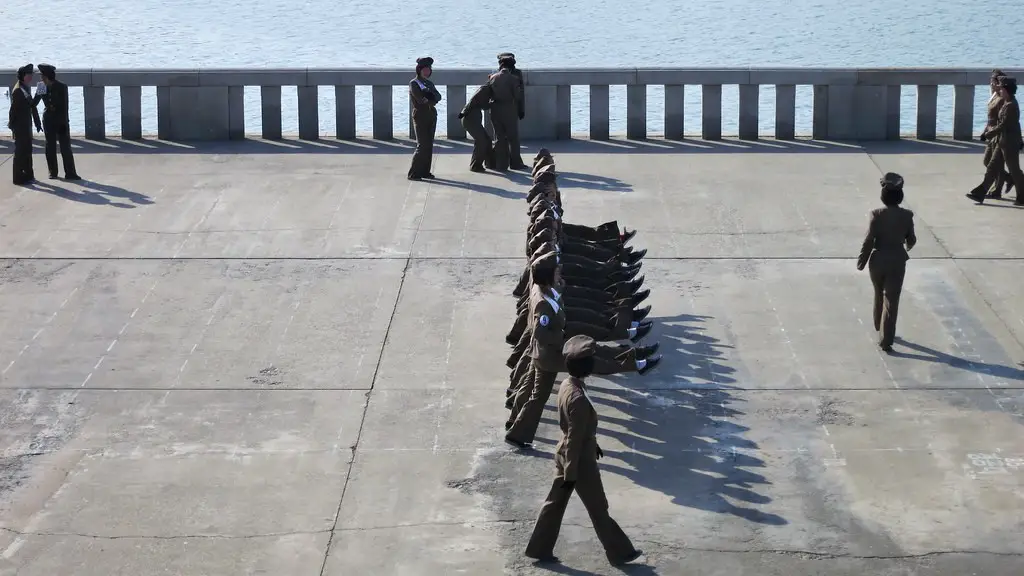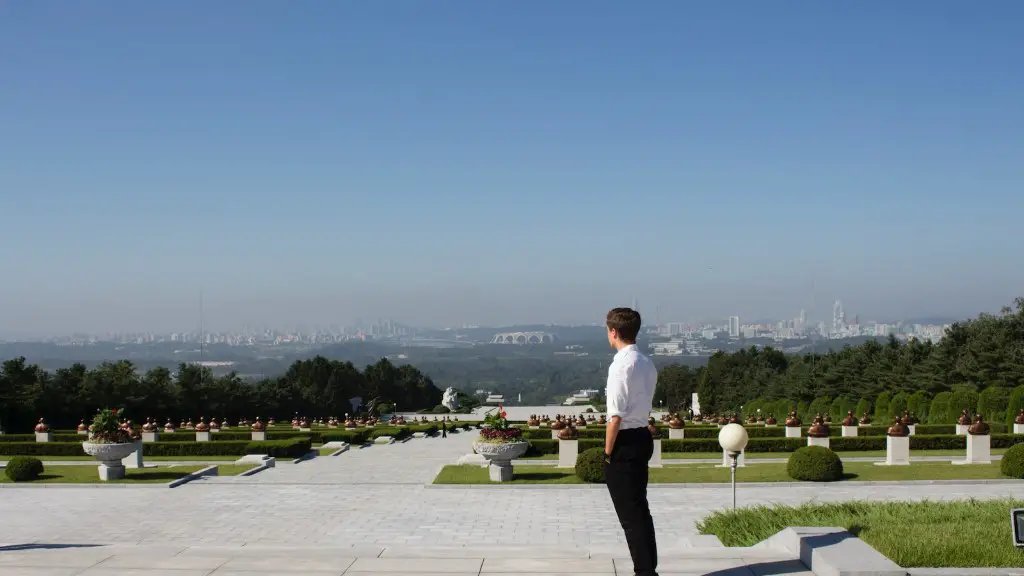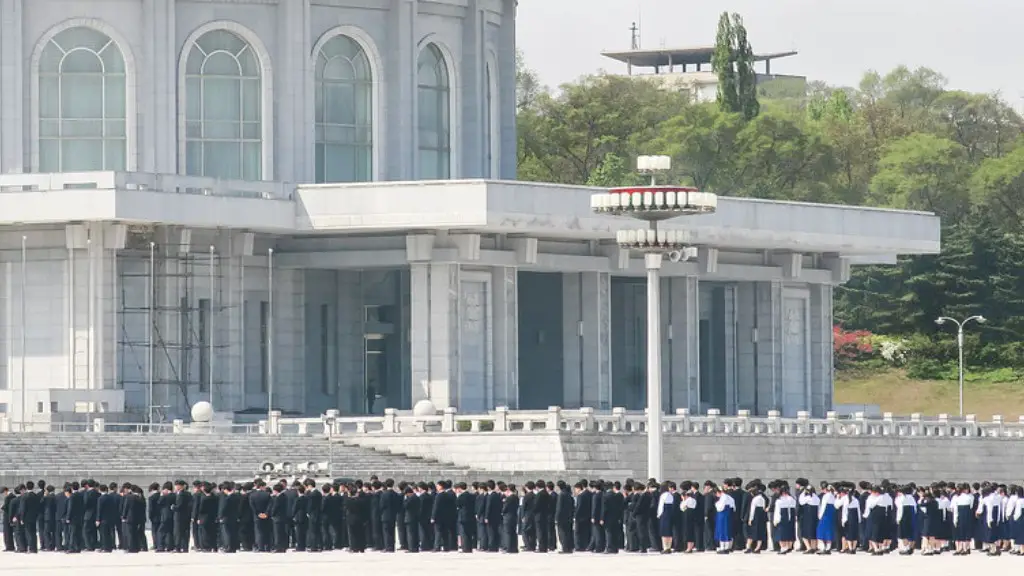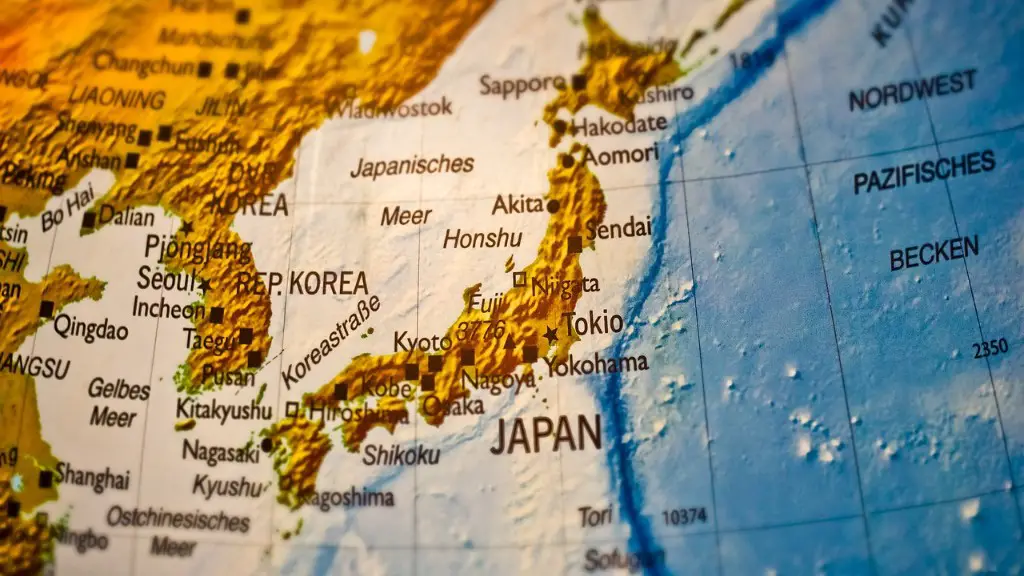Life in North Korea is a mysterious and largely unseen reality. Since theocratic leadership controls most aspects of its citizens’ lives, many outsiders wonder what life there is like. In this article, we’ll present an in-depth look at this hermit kingdom and all it entails — from the everyday life of citizens to the current state of the country’s politics and economy.
Politics and Repressive Regime
The North Korean government typically monitors its citizens’ activities through pervasive surveillance programs, censors most media outlets, and strictly regulates interactions with foreign nationals or entities. As a result, the regime is known for its oppressive, particularly on political dissidents and those considered “security threats.”
Most recently, leader Kim Jong Un has imposed severe limitations on citizens as part of his drive to discourage dissent and unify the country under one governing ideology, known as “Juche.” For example, he has restricted the practice of religion and made it illegal for citizens to access foreign media — both of which are punishable by imprisonment, labor camps, and in some cases, death.
North Korea’s government also maintains a “songbun” system, which is a stratified social and political structure based on perceived loyalty to the ruling regime. The system is designed to discourage dissent, as it brands citizens according to the ruling clan. This system helps further justify the regime’s suppression of certain individuals and groups.
Daily Life for Citizens
Given the oppressive regime, life in North Korea can be difficult for citizens who want to protect their rights and freedoms. For many, the everyday requirements are exhausting: Citizens must adhere to a mandated dress code and live according to a restricted lifestyle with few, if any, daily luxuries.
What’s more, citizens are required to observe numerous public holidays in worship of the ruling regime, with most citizens attending elaborate parades and other events — a requirement. This public display of loyalty, of course, adds to the regime’s control.
Though North Korea’s official policy is to provide food and other basic necessities to its citizens, these resources are not always available in adequate supply due to poor infrastructure, chronic mismanagement, and a lack of external investment. Low availability combined with rampant poverty are largely why hunger and starvation remain a primary issue in North Korea.
Productivity and Economic Struggles
Though North Korea is home to some of the world’s most advanced industrial infrastructure, its economic productivity has declined in recent years, leading to stagnant GDP growth. To address the situation, the state has tried to attract more foreign investment — a move that has led to notable economic growth in select areas.
But because the state-controlled economy largely limits the activities of citizens and other organizations, it’s difficult to measure the economic progress of the country in a meaningful way. That said, any meaningful progress that does take place is usually short-lived, as the government is quick to implement new regulations or take away privileges as it deems necessary.
The North Korean government has also resorted to controlling currency devaluation and exchange rates — a move that is disliked by the country’s citizens, as it further stunts their ability to earn money.
Restricted Movement
Despite having a freely elected government, North Koreans are largely restricted in their ability to move and travel within the country. To enter or leave North Korea, citizens must first obtain permission from the state — typically a long and difficult process that is rarely successful. In addition, once citizens leave the country, they are rarely allowed to return.
Moreover, citizens who travel outside the country are closely monitored and must report back to the government upon their return. This, combined with the government’s surveillance of citizens’ phone and internet usage, provides even more control over citizens.
The government has also imposed a “150-kilometer” rule, which restricts citizens from traveling more than 150 km from the place of their birth without proper authorization. This measure is designed to discourage citizens from escaping from the country.
Human Rights Abuses
As the North Korean government is largely a theocracy, it has a long history of human rights abuses and violations, including killings, torture, and forced labor. North Korean citizens are highly susceptible to these abuses and are denied many of their basic rights, including freedom of speech, religion, and expression. Citizens who protest the government’s oppressive policies have been known to face retaliative violent crackdowns or even worse.
These abuses also extend to North Korea’s large prison system, which is widely known for its lack of sanitation and adequate health care. This system, combined with the government’s relentless pursuit of political opponents and dissenters, has caused international outcry and strong condemnation from the United Nations.
media Blackout
The North Korean regime actively censors its citizens’ access to foreign media, mainly television and radio broadcasts, but also to world wide web sites and other publications. To help accomplish this, the regime has blocked many websites and restricted the use of internet-enabled devices, such as smartphones.
This blackout also extends to books and other objects that could help spread ideas and knowledge outside the country. The regime regularly blocks or censors books and literature, making it difficult for citizens to access pieces of information that could contradict or oppose its theocratic views.
Any person caught with foreign media materials or found to be spreading ideas that differ from those of the regime can be subject to severe punishment, including imprisonment and torture.
Growing International Criticism
Recently, the North Korean government has come under international scrutiny for its oppressive regime and human rights violations. The United Nations and other international organizations have demanded that the government take action to improve the poor living standards of its citizens and to give them more liberties.
Given the regime’s tight grip on the country, it’s highly unlikely that such calls will be heard anytime soon. Despite international efforts, the North Korean government has been unwilling or unable to make any meaningful changes to its oppressive policies, which continues to plague citizens.
The situation has only become further complicated by the government’s nuclear program and its alleged involvement in international terrorism, further placing the hermit kingdom in an international spotlight. For the foreseeable future, it appears unlikely that the situation in North Korea will improve anytime soon.





